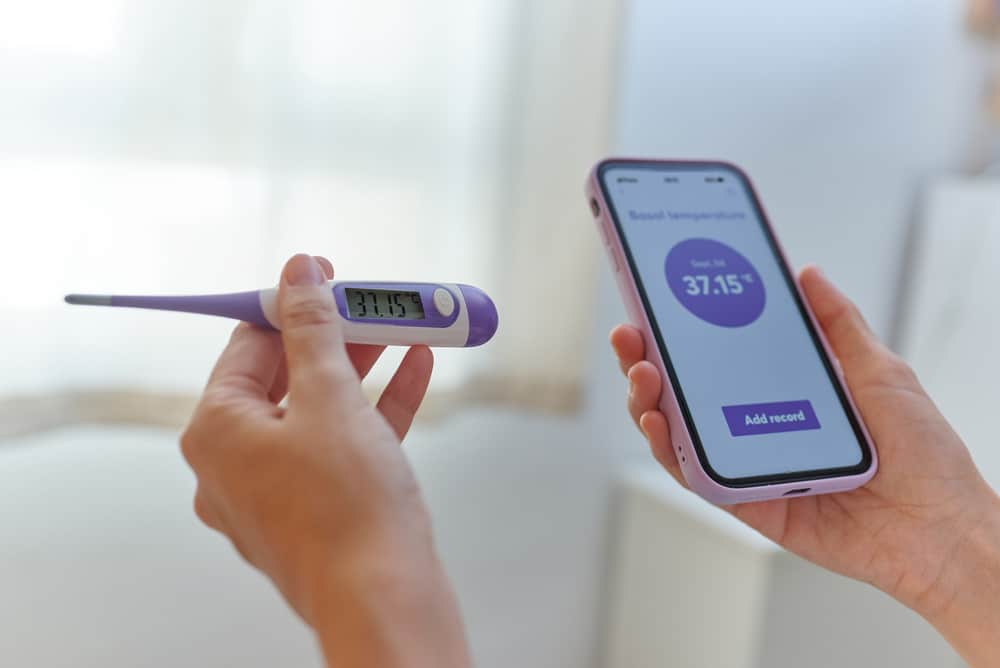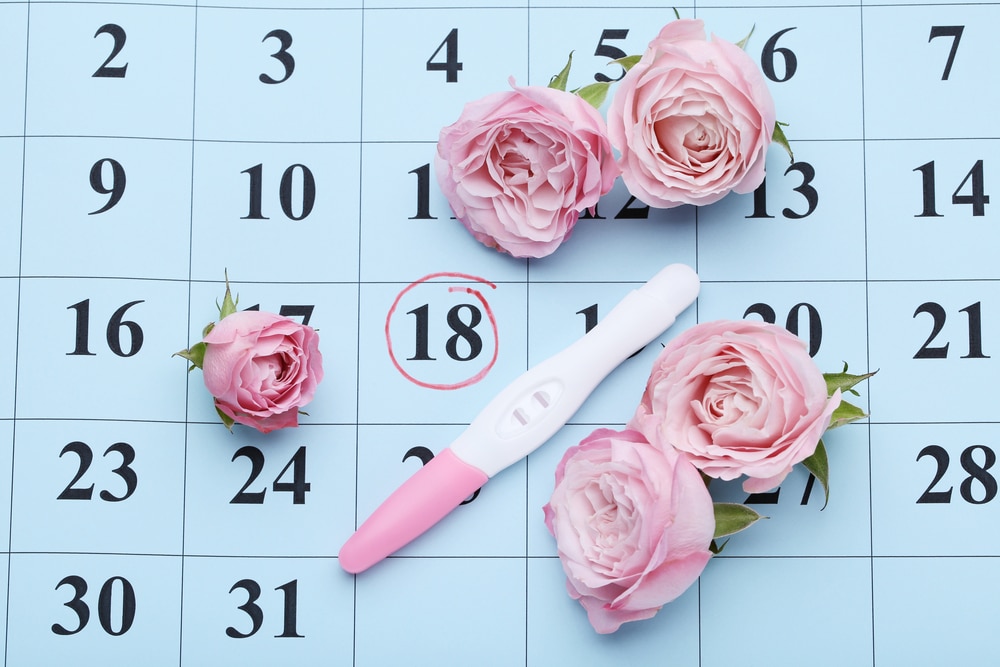You’ve probably noticed how the weather seems to affect everything – your mood, your energy levels, even your health.
But did you know it may also influence your fertility? It’s true – changes in temperature, sunlight, humidity, wounded feminine energy and seasons can all impact ovulation and your chances of conceiving.
Here’s what the research shows and tips for maximizing your fertility no matter what the weather brings:
How Temperature Affects Ovulation
Studies show extreme heat or cold can disrupt ovulation and make it more difficult to conceive. High temperatures have been linked to shorter follicular phases and less frequent ovulation. This irregularity can throw off your cycle. On the other hand, extreme cold may shift your body’s resources towards warming itself, directing energy away from your reproductive system.
The ideal is to maintain a comfortable, stable temperature of around 70°F in your home. You can mitigate heat waves with air conditioning and fans. Stay cozy in the cold with extra blankets and proper indoor heating. This homeostasis helps your body conserve its energy for ovulation.
If you live in a hot climate, be sure to stay hydrated and wear loose, breathable clothing. Dehydration concentrates your cervical mucus, making it more difficult for sperm to reach the egg. Flowy fabrics help your body ventilate excess heat. Cool showers can provide relief on sweltering days.
In cold temperatures, layer up appropriately and limit your time outdoors. Take hot baths or use a heating pad to warm your core. Drink warm fluids to maintain your internal temperature. Avoid drastic temperature fluctuations that shock your system – keep indoor spaces at a stable, comfortable degree.

Managing Humidity for Optimal Fertility
High humidity causes discomfort and stress, which can negatively affect your menstrual cycle. Hormonal changes from stress inhibit ovulation. Focus on hydration and stress-relief techniques like yoga and meditation to counteract the effects of humidity.
Meanwhile, research shows areas with moderate rainfall and comfortable humidity see better fertility outcomes. The exact reasons are still being studied, but it again highlights the importance of an optimal climate.
Humid environments can feel oppressive. Be sure to stay hydrated with water and electrolyte drinks. Take regular breaks in air-conditioned spaces. Light, loose clothing and breathable fabrics help humidity from disrupting your inner thermostat. Cool showers can provide some quick relief.
Practice relaxation techniques daily – even just 5 minutes of deep breathing or meditation can lower stress hormones exacerbated by humidity. This helps maintain a calm, balanced state for ovulation.
How Sunlight and Vitamin D Influence Conception
Sunlight is crucial for vitamin D synthesis. Vitamin D regulates hormones involved in ovulation. Adequate sun exposure ensures you maintain fertility-boosting vitamin D levels in your body.
With shorter winter days, you produce less vitamin D. This can disrupt fertility hormones and ovulation. If you live in regions with limited winter sun, ask your doctor about vitamin D supplements to support conception.
During sunnier months, take advantage by spending more time outdoors. But be sure to use proper sun protection – just 15-20 minutes of direct sunlight on your arms and legs a few times a week is sufficient for vitamin D. For darker complexions, aim for 25-30 minutes.
If you have limited daylight in winter, simulate sunlight with special lamps. Take vitamin D supplements, but have your levels tested first to determine the right dosage. Get outdoor time bundled up during winter days. And consume vitamin D-rich foods like salmon, egg yolks and mushrooms.

Timing Conception With the Seasons
Studies reveal seasonal shifts in birth rates, suggesting weather influences fertility cycles. For example, winter’s shorter days may alter melatonin levels, affecting reproductive hormones.
Some women have better ovulation during temperate seasons like spring and fall. If you notice your cycle follows seasonal patterns, you can time intercourse for when warmer or cooler weather optimizes your fertility.
Ovulation trackers can help you track your cycle over the course of a year. See if you notice any seasonal fluctuations in ovulation, menstrual regularity or cycle length. Some women do conceive more easily during certain seasons. Plan to be extra diligent with tracking ovulation and well-timed intercourse during your peak fertility months.
But remember, while weather impacts fertility, you can conceive in any season. Follow tips to support ovulation all year round. See your doctor if you have significant seasonal infertility concerns.
The Takeaway
From temperature swings to less sunlight, weather undoubtedly impacts ovulation, menstruation and your conception journey. But with the right adaptations like temperature regulation, hydration, stress management and strategic timing, you can overcome environmental fertility challenges.
Listen to your body, take note of any seasonal patterns and consult your doctor for personalized advice. Have your partner get a semen analysis to rule out male factor issues. Record your menstrual cycles and pinpoint ovulation with ovulation predictor kits, basal body temperature tracking or fertility monitors. Time intercourse carefully during fertile days.
With these steps, you can achieve your pregnancy goals despite what the weather brings! Remember, your menstrual cycle is resilient and designed to ensure conception can occur year-round – even during less than ideal weather conditions. Have faith in your body’s innate fertility. Stay hopeful and be proactive in optimizing your chances each cycle.



